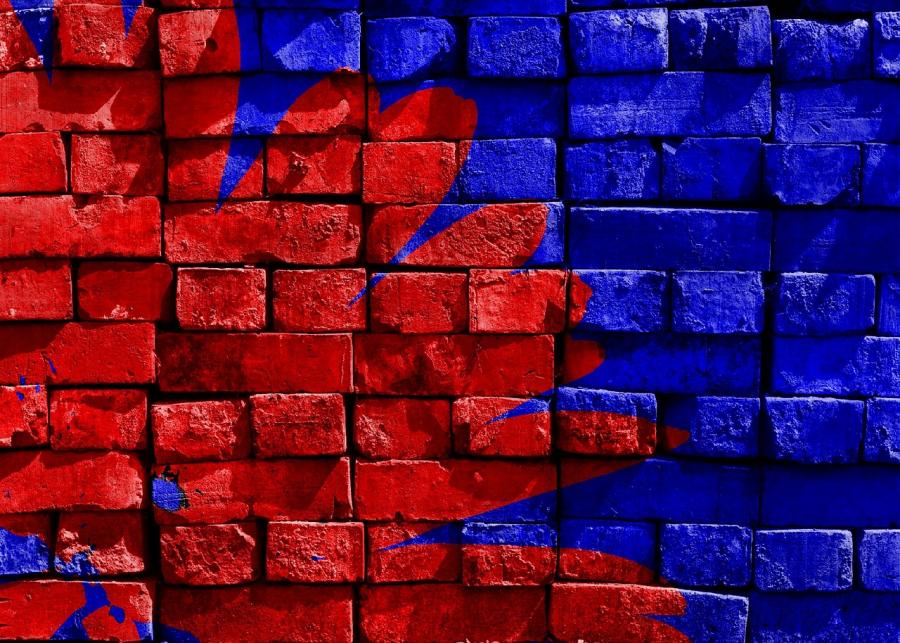
This educational action is configured as a workshop-circle aimed at university students, with two different formats and groups, one face-to-face and the other virtual. This way, two spaces will be created in which, through shared reflection, the development of emotional, sentimental and social competences of the participants will be sought from a feminist point of view.
Throughout the 6 sessions, in face-to-face mode for one group and telematic mode for another, a wide range of activities and dynamics will be carried out: verbal and artistic expression, group games, analysis of cultural objects, debates, etc., always adapting to the students’ characteristics, needs and interests, and in line with the educational goals.
Activity financed with funds from the State Pact against Gender Violence from the Ministry of Equality.
-
Goals
- Stimulate comprehensive, gender-neutral development.
- Stimulate comprehensive feminist and queer development.
- Empower young people, seeking to free them from possible restrictions associated with sex/gender and/or sexual orientation, ethnicity, wealth, appearance...
- Educate people in the pursuit of freedom, understanding the individual as a whole, part of a larger whole; promoting awareness and sensitivity, respecting and valuing their particularities and differences.
- Contribute to the learning and training of the most significant emotional, sentimental and social skills for this stage of life: emotional and sentimental awareness and regulation, critical autonomy, social skills, and skills for life and well-being.
- Transform the reality, burdened by the legacy of a cisheteropatriarchal, racist, classist, ableist socio-cultural construction, by compensating for inequalities and undoing oppressions.
- Prevent peer and gender-based violence as possible risk behaviours, as well as discrimination on grounds of sexual orientation, sex/gender, family background, ability, ethnicity, etc.
Contents
- Identity as subjectivity on a personal and social level.
- Discovery, understanding and regulation of feelings.
- Dissidence and sexual and bonding diversities.
- Healthy links: the constitution of interpersonal relationships based on sensitivity and horizontality
Methodology
A group-based, active, dynamic and participatory methodology will be used. The sessions will be held, in the case of the face-to-face group, in the venue provided by the University for this purpose and, in the case of the virtual group, through the MS Teams telematic platform, where synchronous interaction is possible, with video and audio.
They will be based on explanations, simulations, group dynamics, discussions and debates. These activities will encourage the analysis of the language used, of internalised stereotypes, messages received through the media, cultural objects, socio-culture in general, in order to assess the influence of all these elements in the construction of individual and collective attitudes, thoughts, feelings and behaviour.
Teachers
Aixa Permuy Martínez, member of the Permanent Seminar on Emotionality, Gender and Human Development (EXDEHU) (Spanish: Seminario Permanente de Emocionalidad, Géneros y Desarrollo Humano) of the Institute of Education Sciences (ICE-USC).
Target group
USC degree and master's degree students.
Duration
The duration of the training process will be 15 face-to-face hours and 10 hours of personal work.
Assessment
Participation, interest, work and activities carried out by the students will be assessed, as well as the use and exploitation of resources and materials. The students will have to hand in a final report, in the form of a session diary, which will include the reflections arising from the workshop experience.
Recognition
Recognition with 1 optional credit for all USC degrees. 90 % of the total number of hours must be completed to be eligible for recognition.
-
- Face-to-face mode: 13, 20, 27 October, 3, 10 and 17 November 2022, from 12.30 p.m. to 3.00 p.m. Lecture Hall 3 in module A. Faculty of Education Sciences (Life Campus).
- Virtual mode: 10, 17, 24, 31 October, 7 and 14 November 2022, from 4.30 p.m. to 7.00 p.m. Through MS Teams.
Enrolment
Free enrolment.
-
Gender Equality Office
- Gender Equality Office. Students Pavilion. 1.st floor
- Rúa de Lope Gómez de Marzoa, 4. Campus Vida , 15782Santiago de Compostela
- 881 811 309
- oix@usc.gal
University Participation and Inclusion Service
- UPIS. Students Pavilion
- Rúa de Lope Gómez de Marzoa, 4. Campus Vida , 15782Santiago de Compostela
- 881 812 859
- 881 812 858
- sepiu.santiago@usc.gal
University Participation and Inclusion Service
- UPIS. Intercentre Building
- Rúa Bernardino Pardo Ouro, s/n. Campus Universitario, 27002Lugo
- 982 823 594
- sepiu.lugo@usc.gal